THE MENTAL MATCHUP®
Overview | Podcast Episodes | Stories | Submissions | Submission Guidelines | Our Team | FAQs
The Mental Matchup® Stories
Please note, these stories are written by our authors and are based on their experiences. All photos used have been sent to us with permission to use by the authors. We take every step to ensure anonymity under certain circumstances to protect institutions, teammates, coaches, etc.
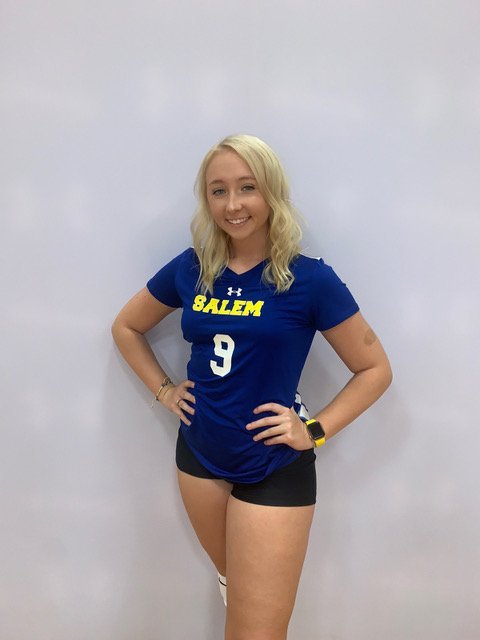
Enough is Enough
Katie Meyer, a Stanford soccer player protecting her cage while enduring the unbearable pressure to make sure perfection is achieved until March 1, 2022. Morgan Rodgers, a Duke lacrosse player always presenting a smiling face, hiding her anxieties and complex thoughts until July of 2019. Robert Martin, another lacrosse player who shocked his community with the depression that took his life on April 1, 2022. Cameron Burrell, the fastest college runner could not outrun his expectations of greatness, lost August 9, 2021. Harry Miller, an Ohio State football star recognizing his mental health battle and stepping back to reassess his priorities. Caitlin Bracken, a Vanderbilt lacrosse freshman who realized stepping back from athletics would allow her to jump forward. When will enough be enough? When will help be provided and people feel comfortable accessing it? When will these players who took their lives be your teammate? Your friend? Family member? The struggling in silence has got to stop. Our student-athletes are being murdered by their own thoughts of perfection and expectations.

We Are People First
There is a mental health crisis in this country, and we cannot shy away from confronting it. For me, it hits close to home. I have written openly about my own mental health struggles in the past, but I feel compelled to share more about my own struggles with mental health to continue highlighting just how real this is.

Put the Person First
Growing up, I was a model student and athlete. I always got good grades, never missed swim practice, and figured out very early on how to balance the two. I also didn’t have much of a choice – my mom was my high school math teacher and my dad was my club swim coach. By the end of senior year, I was ready for a change of pace and didn’t know if swimming in college was going to end up being the right decision, as I felt I might be done with the sport.

A Letter to College Athletes
I want to take the time to acknowledge the long-overdue recent attention about mental health in athletes. I don’t want to just talk about it. I want to scream about it. I want to cry about it. I want to be able to be angry about it. Athletes, teams, coaches, all are and rightfully should be devastated about the lack of support given within the sports community. It took losing and continuing to lose many precious lives because of the very real stigma that exists within mental health and sports. To the NCAA, or any divisions: Athletes are REAL people. They have REAL problems just as everyone else does, on top of their education, on top of extracurriculars, on top of work, and especially on top of sports. Athletes are someone’s daughter or son. Someone’s brother or sister. Someone’s teammate or classmate. Not just a number on a jersey.

I’m Not a Quitter
Those people didn’t know that stepping on the practice field or game field every day presented a practically crippling mental battle. They didn’t know the loss I felt every day going through drills trying to dig up that passion I had when I first fell in love with the sport— and coming up empty-handed. They didn’t know that this caused me to have an eroded sense of identity, dangerously deteriorated mental well-being, or be a broken version of myself. They didn’t know that I had almost completely lost my will to continue on.
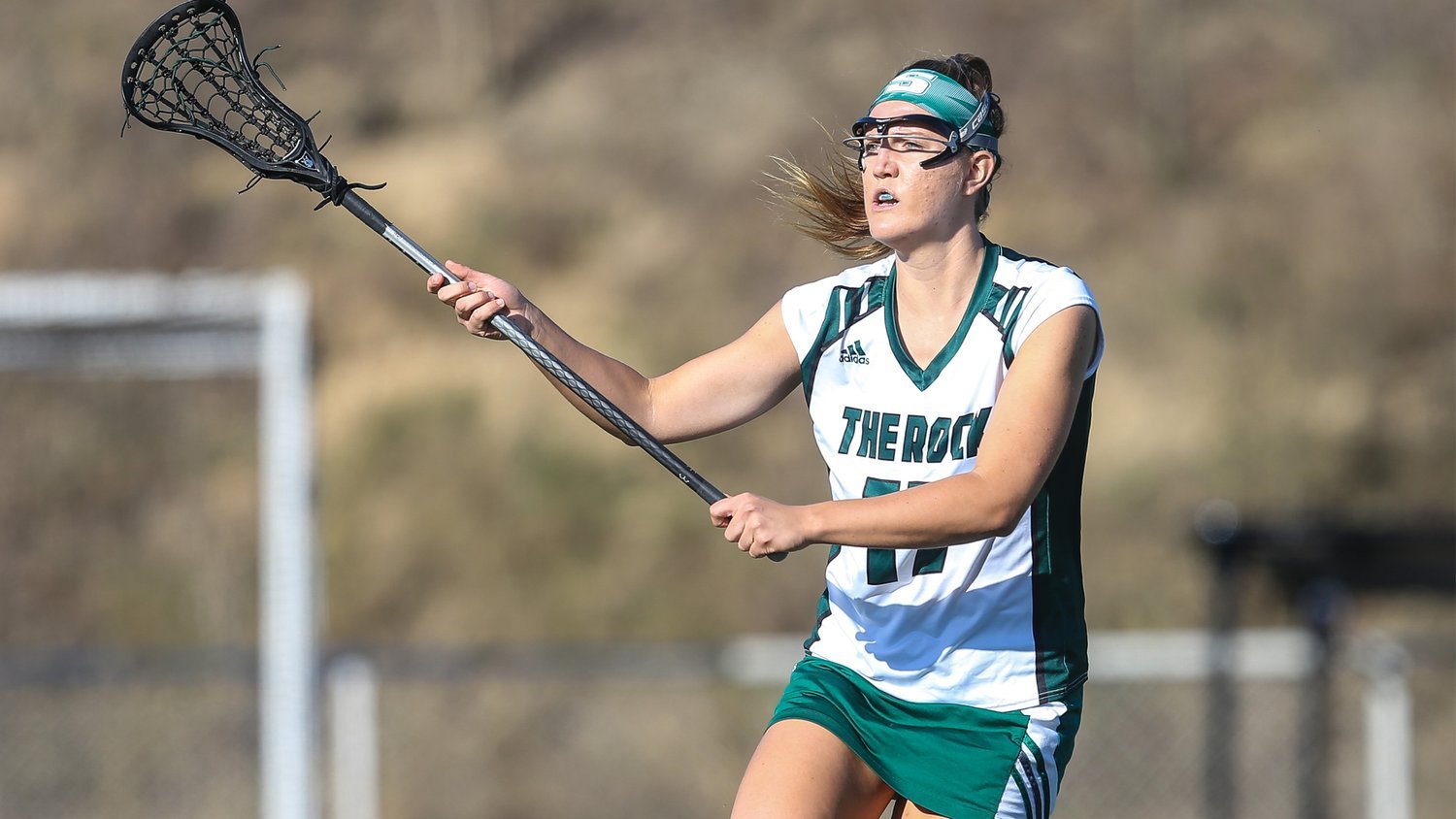
Putting Myself First
These last couple of months have left the student-athlete population with heavy hearts. How many athletes does it take for something to change? With the alarming number of student-athletes who have recently committed suicide and in honor of May being Mental Health Awareness Month, I thought it was time to stop being silent and to share my personal experience with my mental health as a student-athlete. This month is about getting rid of the stigma surrounding mental health. I want to share my story and help normalize the conversation. My hope is that student-athletes can feel more comfortable asking for help when they’re struggling. There have been WAY too many student athletes struggling in silence. We need to normalize the conversation. We need to do better.
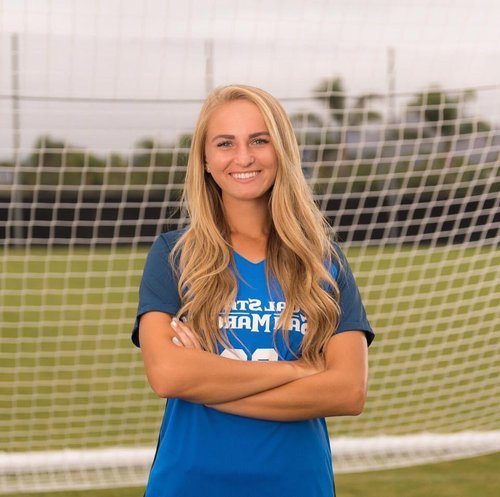
Open Letter: The Truth About College Sports and Mental Health
For Katie, Sarah, and the rest of us ❤️
Winning at all costs is what is ingrained into our brains as young athletes from the time that trophies become involved. Dedicate your life to your sport and it will pay off, sacrifice anything that doesn’t make you better. The same tune played over and over again at every level until you hit your breaking point.

This is Not the End of Your Story
My name is Lauren Hickman and I am a 22-year-old, former Division I collegiate lacrosse player at UC Berkeley. I completed my senior year of college from my family home just north of Dallas, Texas after the pandemic hit last spring and I graduated from Cal in May 2020, debatably one of the weirdest years to graduate from college. While COVID threw a wrench in many of my senior year plans, the disruption of my final semester at Cal was just one of the many twists and turns my life has taken during my four years in college. With the amount of challenges and unexpected detours that occurred in my life throughout my time at Cal, it seemed fitting that my college career would come to a close in such an unconventional, complicated way. My journey to graduation was by no means an easy feat. I struggled everyday with my mental illness, battling against my own brain for four years. Of course, while many days were filled with happiness and laughter, they were also riddled with countless tears, inexplicable pain, and, at some points, fights for my own life.
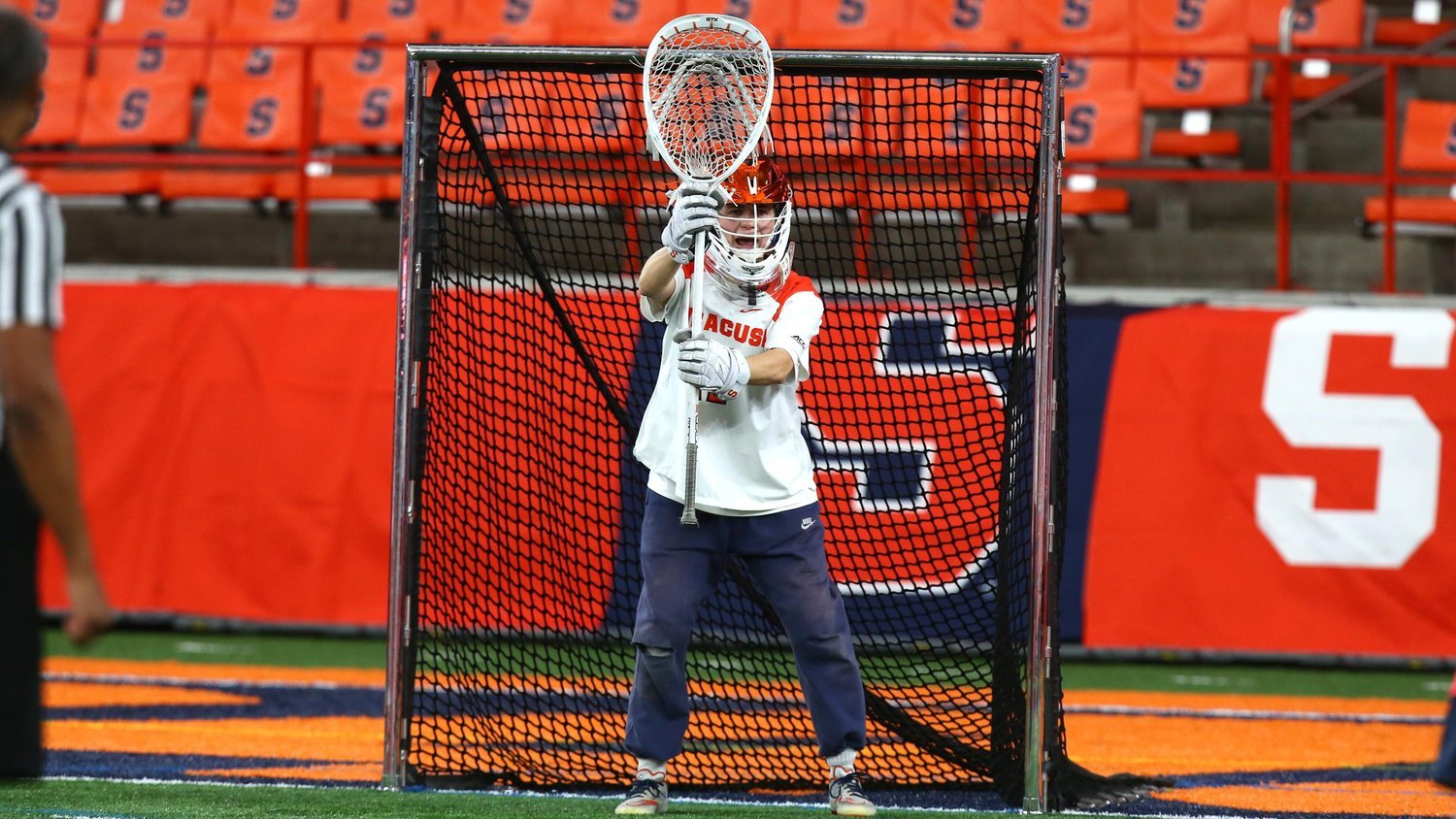
Falling Out of Love to Fall Back In
In recent events and the passing of so many beautiful souls, I could not help but feel sick. Sick because of the lack of change in our sports, sick of how people keep ignoring the problems surrounding student-athlete mental health, and sick that I have likely had similar thoughts and struggles as those who are no longer with us. From 2019 to 2022, I have gone through life changes on and off the lacrosse field. I have felt pain, heartbreak, and hopelessness. But I have also felt love, care, compassion, and the rarest attribute of athletics that some collegiate athletes don’t get to experience anymore: fun. In trying to share my story and put my thoughts and experiences into written words, I struggled to find the language.
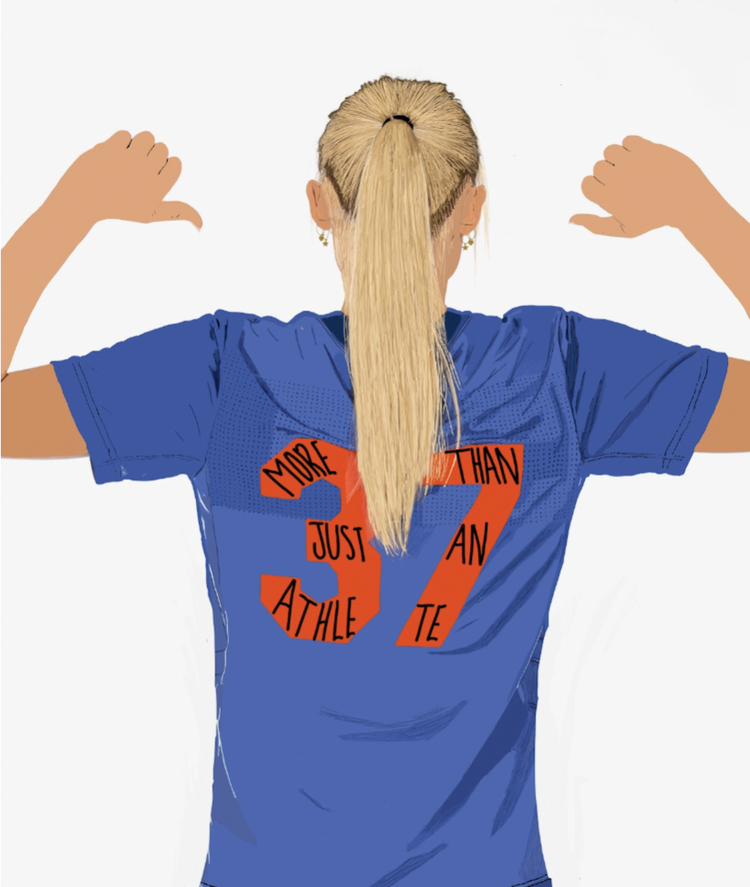
More Than a Number
Over my 18 years of playing lacrosse, I had to overcome 6 knee surgeries and 3 hand surgeries. It was my resilience, strength, and determination that always kept me going back. Lacrosse had become a significant part of my identity and made people proud of me. In February, I hurt my knee again. With barely any cartilage and a weak meniscus; the trainers, coaches, and I discussed and decided it was best to medically disqualify and plan for a knee realignment surgery within the next year. Knowing something that was a part of my life every day for the last 18 years was all of a sudden ripped away from me, greatly affected my physical and mental health.
